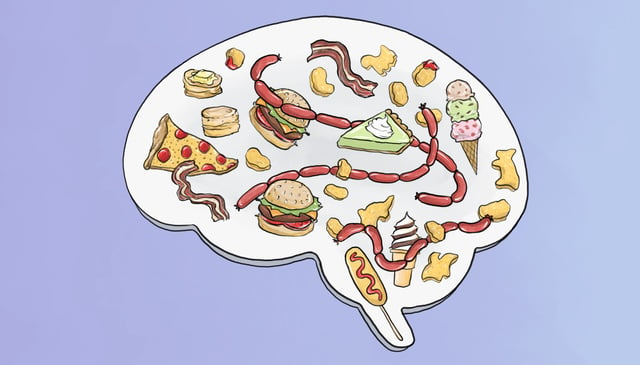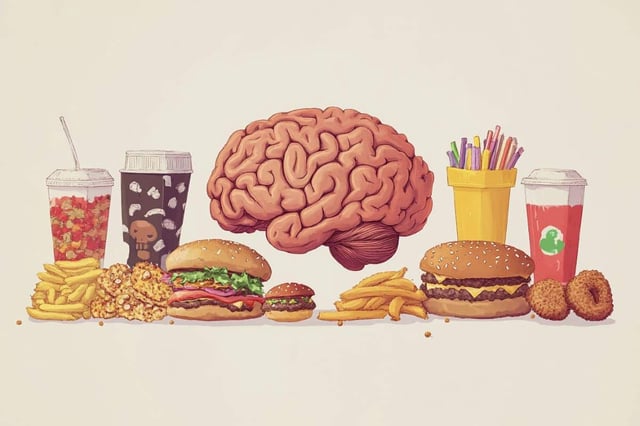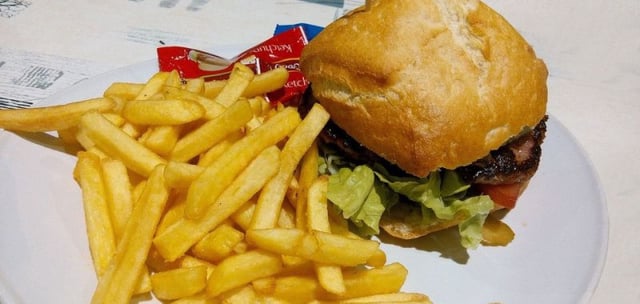Overview
- A study published in *Nature* identifies low levels of the brain peptide neurotensin as a key factor in the loss of pleasure from eating high-fat foods in obese individuals.
- Chronic high-fat diets reduce neurotensin levels in brain circuits tied to dopamine, blunting the reward response to enjoyable foods like sugar and fat.
- Restoring neurotensin levels through dietary changes or genetic manipulation was shown to normalize weight gain, improve mobility, and reduce anxiety in experimental models.
- The findings challenge assumptions that overeating in obesity is solely driven by pleasure, showing it can become automatic or habitual due to diminished reward responses.
- Researchers suggest that replenishing neurotensin could help obese individuals regain healthy eating behaviors, offering a potential new approach to combat the global obesity epidemic.



